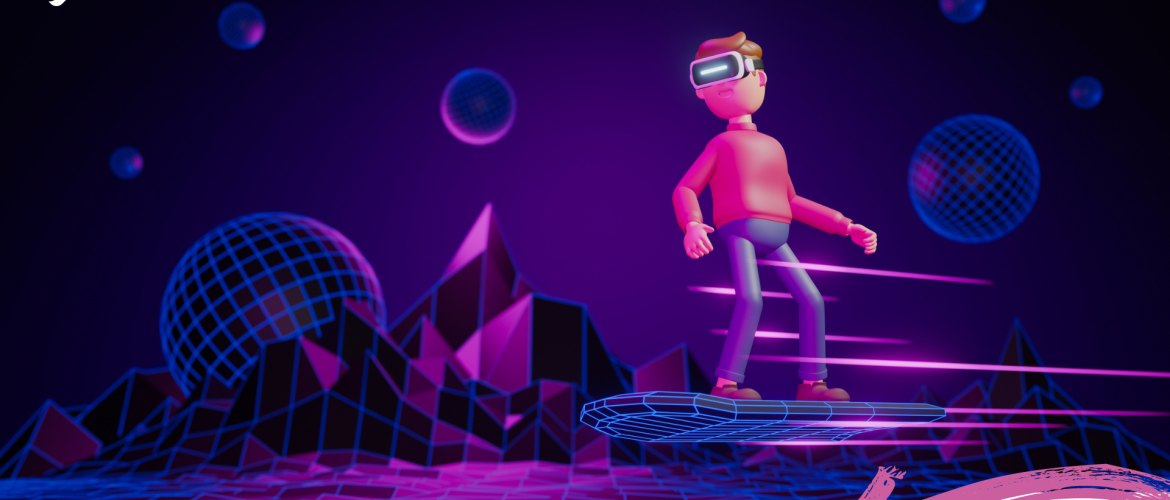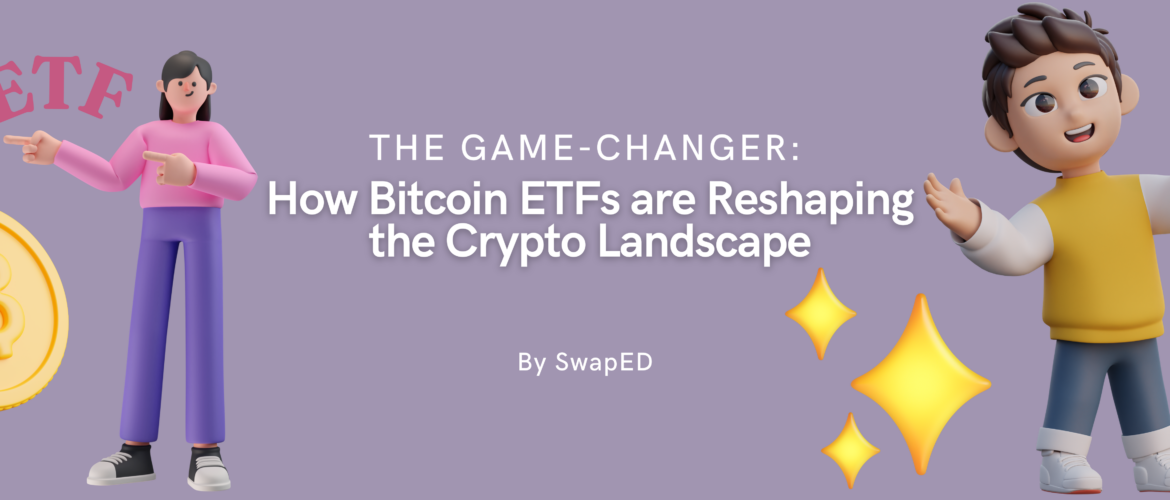
In the blockchain universe, a groundbreaking evolution is taking place, reshaping how communities and organizations operate. This evolution is embodied in Decentralized Autonomous Organizations (DAOs), a novel form of collective governance that leverages blockchain technology to operate without centralized control. This piece delves into the essence of DAOs, their significance in the blockchain sphere, and the innovative platforms that have emerged to facilitate their creation and management.
Unveiling DAOs: A New Dawn in Decentralized Governance
At their core, DAOs represent a radical shift towards decentralized governance structures. Unlike traditional organizations governed by a central authority, DAOs operate on a blockchain infrastructure, adhering to rules encoded within smart contracts. These autonomous entities can perform various functions, including hiring, service provision, financial management, and more, all without human intervention.
DAOs are not a monolith but come in various forms. Some are built from the ground up by developers with deep blockchain expertise, while others utilize platforms that offer DAO creation as a service. This democratizes the use of DAOs, making them accessible even to those with limited blockchain knowledge.
Pioneering Platforms: Simplifying DAO Creation
The emergence of platforms like Aragon, DAOstack, DAOhaus, and Colony has significantly lowered the barrier to creating and managing DAOs. These platforms provide templates and tools that simplify the DAO creation process, making it more accessible to a broader audience.
- Aragon stands out with its modular design and permission system, allowing for highly customizable DAOs.
- DAOstack introduces Holographic Consensus, aiming to resolve scalability issues by enabling relative majority consensus under certain conditions.
- DAOhaus, a fork of Moloch DAO, emphasizes a straightforward decision-making process and the unique “rage quitting” feature, allowing dissenting members to exit with their share of resources.
- Colony differentiates itself with a meritocratic system, rewarding members for their contributions with influence tokens and dividing DAOs into domains for more focused governance.
Visualizing DAO Activity: Tools and Innovations
While DAOs are a promising avenue for decentralized governance, understanding and analyzing their activity can be challenging. Visualization tools like My-DAO-Dashboard, Apiary, Alchemy, and Deep DAO provide insights into DAO statistics, membership, proposals, and financial data. Additionally, open-source tools like DAO-Analyzer offer detailed analysis of DAO activity, enabling researchers and enthusiasts to delve deeper into the functioning and evolution of these organizations.
Genesis Alpha: A Case Study in DAO Evolution
Genesis Alpha, one of DAOstack’s most active DAOs, serves as an illuminating case study of DAO dynamics. Initially funded and vibrant, Genesis Alpha faced challenges as funding waned, highlighting the complexities of sustaining DAO activity and member engagement over time. This case underscores the potential and pitfalls of DAOs, emphasizing the need for continuous innovation and adaptation in decentralized governance.
Charting the Future of DAOs
DAOs mark a significant innovation in how organizations can be structured and governed, promising more democratic, transparent, and efficient decision-making processes. As the blockchain landscape evolves, DAOs will undoubtedly play a central role in shaping the future of decentralized governance. However, their success will hinge on the development of robust platforms, effective governance models, and the community’s willingness to embrace this new paradigm of collective decision-making.
In conclusion, DAOs offer a glimpse into a future where governance is not centralized but distributed across members of an organization, mediated by the immutable and transparent nature of blockchain technology. As this field continues to mature, the potential for DAOs to revolutionize various sectors and communities remains vast, limited only by our collective imagination and willingness to experiment.
If you want to keep up with the trends of blockchain industry, join our communities on Discord, Reddit and Telegram.
Comments (0)
SwapED
Categories
Recent posts


Exploring the Intersection of the ...
8 Oct 2024
The Game-Changer: How Bitcoin ETFs are ...
8 Oct 2024
Navigating the Web3 Wave: A Beginner’s ...
8 Oct 2024
Unleashing the Power of Smart Contracts: ...
28 Aug 2024🚀 Get 20% OFF Your Subscription!

Join SwapED today and save 20% on all plans. Use Code SWAPED20 at checkout.



